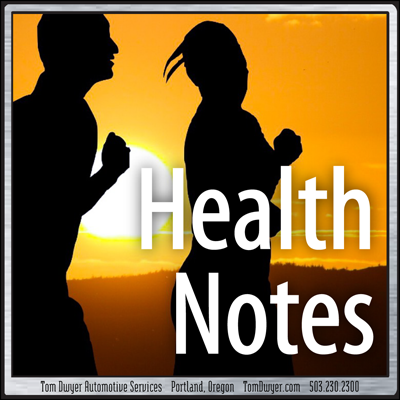 Placebo Effect Revisited
Placebo Effect Revisited
The New York Times and Ted Kaptchuk feed into more confusion about placebo effects.
Steven Novella on Science-Based Medicine, Oct 2023
“In a recent editorial for The New York Times, researcher Ted J. Kaptchuk, who directs placebo studies at Harvard, gives his summary of the current state of research (much of it his own) into placebo effects. While much of what he says is true, or at least uncontroversial, in my opinion he shoehorns the facts into his preferred narrative – a popular narrative that can be counterproductive and feeds into unscientific medical treatments.
He lays out one of his premises here:
I’m a researcher who studies the placebo effect, and in some situations, it’s powerful. That said, oral phenylephrine sold over the counter should be removed from the market; despite some people’s love of phenylephrine cold medicines, there’s no evidence that the drug even provides placebo benefits. In clinical trials reviewed by the F.D.A. committee, phenylephrine and a placebo affected patients’ perceptions of nasal congestion equally, but the existing trials do not tell us to what extent people felt better because of placebo effects or because their colds simply resolved on their own.
There is already a lot to unpack here, starting with the premise that the placebo effect can be powerful. But I cannot really comment on a thing without having a working definition of what that thing is. He takes a while to give a definition of placebo effects, which he characterizes as, “Placebo effects are health improvements initiated from the rituals, symbols and behaviors involved with healing.”
That is an inaccurate definition, which I think biases the article and his entire approach to placebo effects. They are apparent or measured “health improvements”, if you include subjective symptoms as health improvements, which is reasonable but needs to be explicitly stated. Apparent improvements may not be real. They may entirely be illusions of how health outcomes are being measured.
For example, there is regression to the mean. Symptoms fluctuate, and people are more likely to seek treatment when symptoms are at their worst, which is statistically likely to be followed by spontaneous improvement. Give someone an inert placebo and they will improve. The improvement was not “initiated” by the placebo in any way. It would have happened without any intervention. It is simply a statistical illusion of observation – but such effects are included in what we measure as placebo effects…











